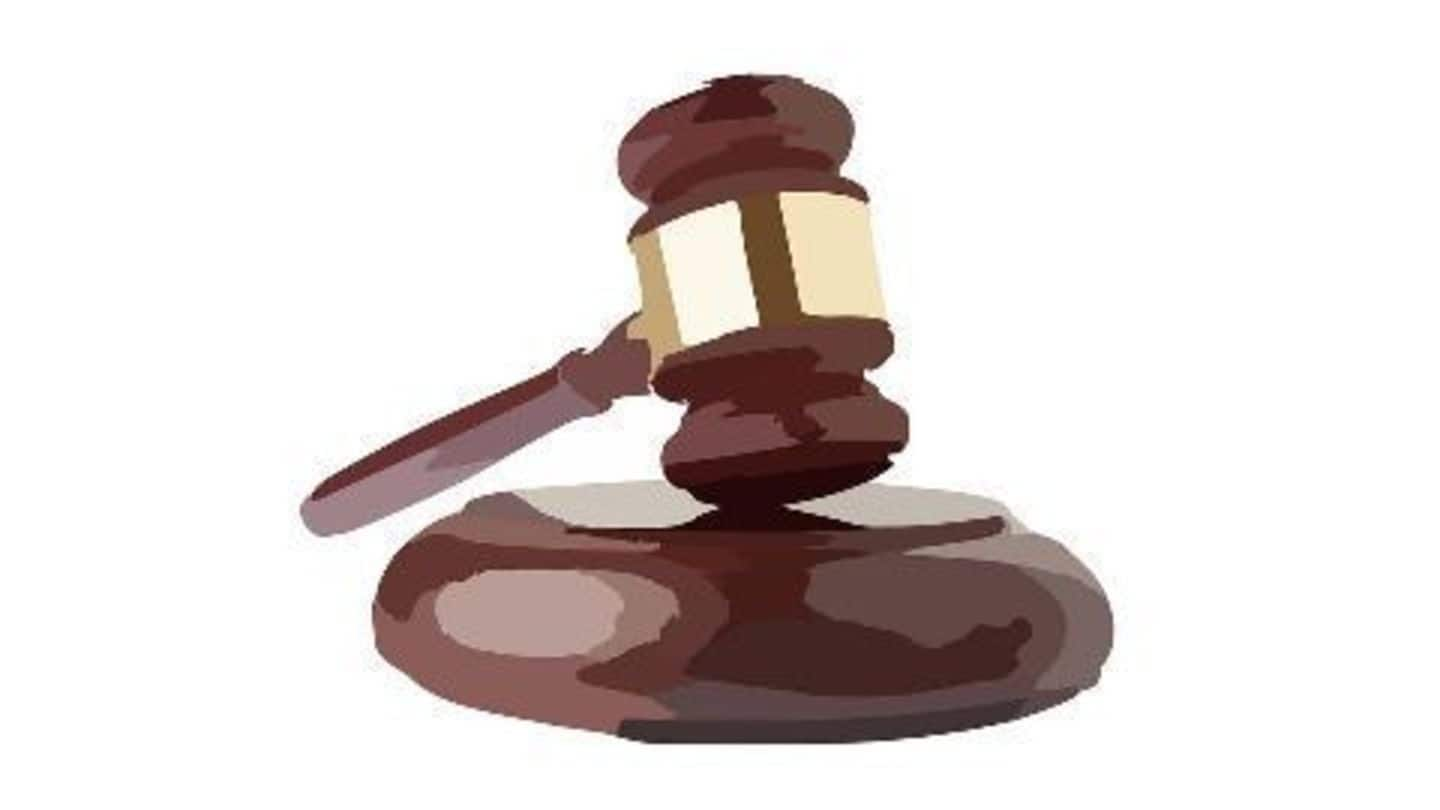
2 Turkish journalists jailed for publishing Charlie Hebdo cartoon
What's the story
An Istanbul court handed 2 Turkish journalists a 2-year imprisonment for their illustration of Prophet Mohammed from the Charlie Hebdo magazine. The column was printed on 14 January 2015, to mark Charlie Hebdo's first issue after its headquarter was attacked. The sentence has raised alarm over press freedoms in Turkey under President Recep Tayyip Erdogan, who has established Islam the foundation of his politics.
25 Sep 2006
Provenance of the Muhammad Controversy
The infamous Muhammad Cartoon Crisis of 2005-2006, exploded after a Danish newspaper Jyllands-Posten circulated a dozen cartoons under the headline "The Face of Muhammad." Some of the cartoons were obviously aimed at provocation. One noticeably showed the Prophet's head adorned with a lit bomb as opposed to a turban. The magazine justified it as a critique of self-censorship.
9 Feb 2006
Charlie Hebdo sparks the Muhammad controversy, again!
In February 2006, a French weekly Charlie Hebdo, republished the cartoons portraying the Prophet Muhammad that had first appeared in the Danish newspaper Jyllands-Posten. The cartoons prompted furious objections from the Muslim nations. The magazine caricatured a weeping Prophet saying "C'est dur d'être aimé par des cons" ("it's hard being loved by jerks"). It reprinted 12 such cartoons from Jyllands-Posten.
12 Feb 2006
Denmark faces the wrath of the Islamic world
The Charlie Hebdo cartoons led to diplomatic protests by Islamic countries, escalating to the closure of embassies. By late January and early February, the Islamic world began boycotting Danish products. In the Palestinian territories, armed groups made direct threats against citizens of the countries in which the cartoons were published. Death threats against the artists were doled out too.
2 Nov 2011
Charlie Hebdo gets firebombed for its editorial choice
Charlie Hebdo's November 2011 issue saw a direct satire on the introduction of Sharia law in Libya and the victory of the Islamist party in Tunisia; when it changed its title to "Charia Hebdo". This incitement from Hebdo led to their office being burnt in an apparent arson attack, a day after it published an issue listing Prophet Muhammad as its "editor-in-chief".
7 Jan 2015
Charlie Hebdo headquarters takes a direct hit
On 7 January, the Charlie Hebdo headquarter in Paris was attacked by 2 gunmen who killed 12 people. Those dead included the satirical magazine's editor Stephane Charbonnier and other celebrated cartoonists. Al-Qaeda's branch in Yemen took responsibility for the attack. On 11 January, 2 million people, including almost 40 world leaders, took out a national unity rally in Paris.
16 Jan 2015
'Je Suis Charlie' becomes free speech war cry
After the attack, Charlie Hebdo printed a cartoon depicting the Prophet shedding a tear while holding a "Je suis Charlie" sign under the words "All is forgiven." The cartoon drew widespread support and solidarity through Twitter and "Je Suis Charlie" hashtags on social media, which became a slogan for supporters of free speech. In a statement, magazine said "the terrorists had not won".
Information
Golden Globe Awards for the freedom of speech
At the show stars such as George and Amal Clooney, Kathy Bates, Helen Mirren, Diane Kruger, Joshua Jackson and William H. Macy, wore Je Suis Charlie pins showing their solidarity with the cause.
15 Jan 2016
Charlie Hebdo cartoon sparks outrage
French satirical magazine Charlie Hebdo stirred fresh controversy after releasing yet another "offensive" cartoon, this time about the EU refugee crisis and the cologne attacks. The cartoon, depicted a grown up Aylan Kurdi (the Syrian toddler who drowned and died off the Turkish coast), chasing a woman. The title reads: "What would little Aylan have grown up to be?" - "Ass-groper in Germany."